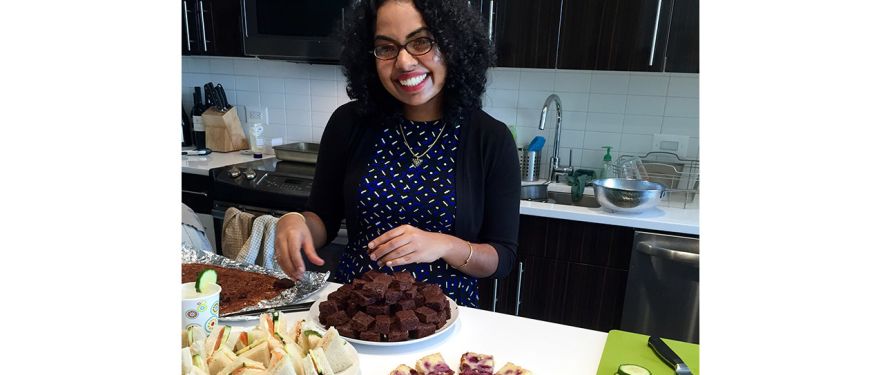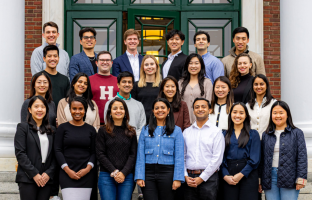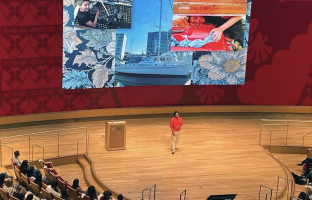Well, not quite.
It took me a long time to realize that a hobby, even a passionate one, is not necessarily a good career.
Hobbies are straightforward – the only requirement is that you enjoy them. You don't have to be good at them, you don't get paid, and no one makes you do them for 8-10 hours a day.
A career has to strike a much more difficult balance. While it's critical to love and enjoy the work, you also have to consider your level of skill and the prospects for continuous improvement, how the work is valued by society, and the daily rhythm that the job creates.
After about ten years of trying, I finally figured out that writing – for me, anyway – was a one-legged stool. I loved the work; there was no doubt about that. But my skill was only moderate, and I wasn't finding the avenues for feedback that I needed to improve. New writers, it was also clear, are valued at approximately zero while only the few at the top reap any type of reward. And my lifestyle was driving me crazy – the countless hours spent alone were making me hate the very work I used to love.
Nearing the end of college, I found myself in a place familiar to many HBS students today – I needed to make a change.
For me, this entailed breaking down exactly what I loved about writing. I liked going from ambiguity to clarity. I liked the iterative process of finding the right answer and then communicating it powerfully. But I also needed to be around people – the more interaction, the better.
These insights, along with a great deal of thinking, conversation, and a healthy dose of luck led me to corporate strategy at Capital One after college and to management consulting with The Boston Consulting Group (BCG) this summer.
Most of us are at HBS at least partially because we're trying to figure out where to go next. It's a process that requires time, reflection, and honest conversation. But when recruiting season hits, the competitive pressure and endless choice can make it almost impossible to listen to yourself.
A big part of what drew me to BCG for this summer was their ability to create a quiet space within the noise. I'll never forget when, after hearing my struggles to choose an office, the lead for Boston recruiting pulled out her notebook and said, "Okay, let's map out these options." Every BCGer's genuine desire to help and follow-up, convinced me that this was a place I would thrive.
Every employer knows that, to succeed on campus, they need to offer a compelling mission, job description, and path for development. But the firms that stand out are the ones who create time to engage on students' deeper career questions, playing the role of genuine problem-solving partner. Not only do students truly need the space to think, but the deeper connections these conversations foster do more to sell a firm than any number of receptions and presentations.
So to our employers – recognize that students are often overwhelmed by choice and invest in helping them navigate the journey ahead.
And to my classmates – don't accept anything less.






.png&w=80&h=80)
